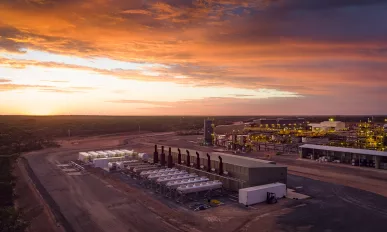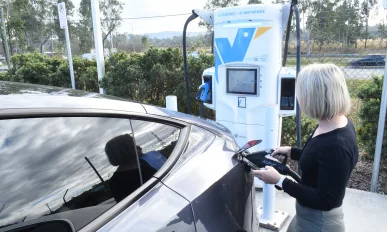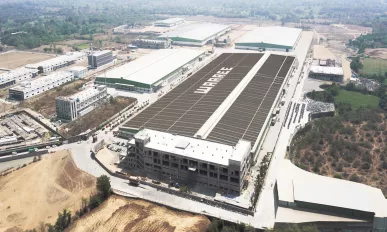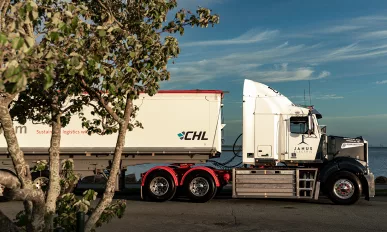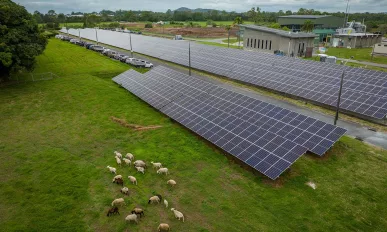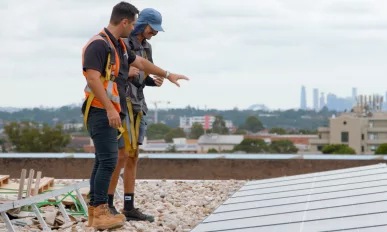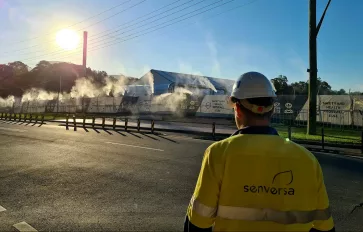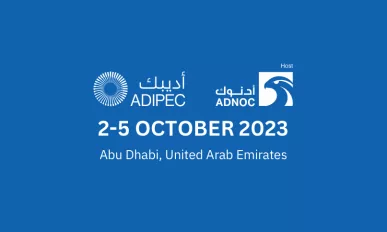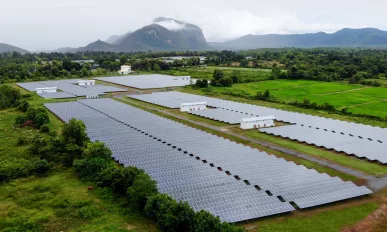Zenith Energy : Energy Solutions for Our Times
Enabling net zero, Hamish Moffat, Managing Director at Zenith Energy, speaks to us about the company’s sustainable future.
Evie Networks : Charging Towards an Energy-Efficient Future
Committed to renewable energy, Evie Networks is shifting the paradigm of EVs as it installs charging points across Australia.
Waaree Energies : One with the Sun
The flagship company of India’s largest solar module manufacturer, Waaree Energies is committed to quality and sustainability. We find out more with Group CEO, Vivek Srivastava.
Janus Electric : Swap and Go
Lex Forsyth, CEO, informs us about Janus Electric’s next-generation exchangeable batteries, which are revolutionising road transport fleets.
Logan Water : Sustainability in the City
An Australia-first biosolids gasification facility pioneered by Logan Water is one of a number of sustainable water projects in Logan City.
Schneider Electric : Circularity and Frugal Innovation in the Making of a Sustainable Future
Kapila Mehta, Sustainability Vice President of Power Products at Schneider Electric, explores solutions for profitability and the planet.
Energy Locals : Powering a New Paradigm
Founded by CEO, Adrian Merrick, we discover how Energy Locals is making energy cheaper, cleaner and fairer for Australians.
Senversa : The Pride of Australian Versatility
Stemming from a bold vision to create a company with a unique and inclusive culture, Senversa attracts and retains the highest quality professionals over a broad range of disciplines. Michael Charge, Environmental Auditor and CEO recounts the recipe for success.
ADIPEC / 2-5 October 2023
Abu Dhabi International Petroleum Exhibition and Conference / 2-5 October 2023 / Abu Dhabi National Exhibition Centre, Abu Dhabi, UAE.
Cenergi SEA Berhad : Solar, So Good
Cenergi SEA Berhad is Malaysia’s premier sustainable energy solutions company, specialising in the reduction of carbon emissions through development and investment in renewable energy and energy efficiency projects. We investigate further with GCEO, Hairol Azizi Tajudin.



